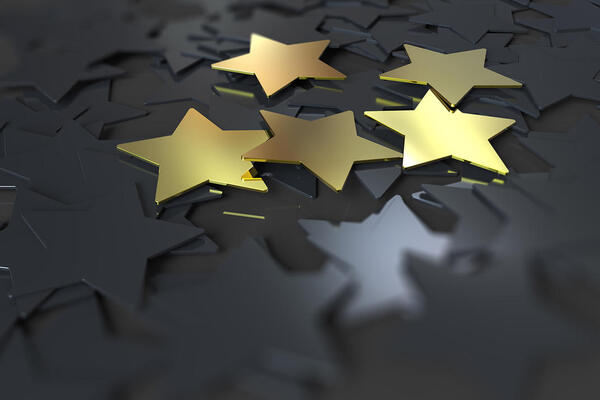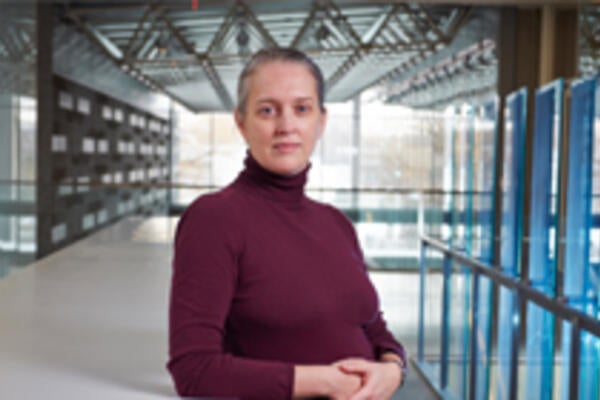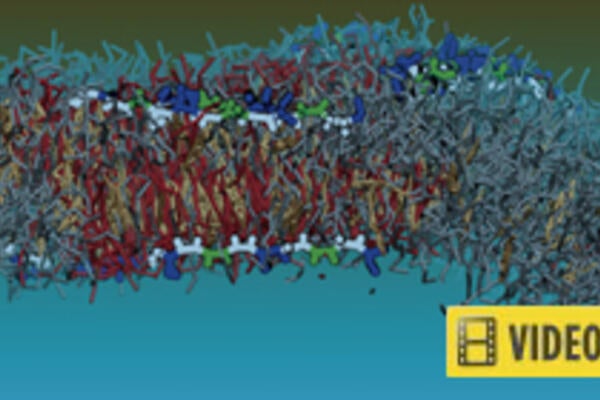
Prestigious annual meeting in Boston has Waterloo connections
Waterloo shares advances in quantum research, food sustainability at AAAS annual meeting

Waterloo shares advances in quantum research, food sustainability at AAAS annual meeting
By Stacey Ash Communications and Public AffairsResearchers from the University of Waterloo will be among those sharing their discoveries when scientists from around the world gather at the prestigious annual meeting of the American Association for the Advancement of Science (AAAS) from February 14 to 18.
This year’s gathering of the world’s largest scientific society explores the Beauty and Benefits of Science.
On Friday, February 15, a panel organized by the University of Waterloo’s Institute for Quantum Computing (IQC), will discuss Quantum Sensors: Toward the Ultimate Limits. The panel, organized by manager of scientific outreach Martin Laforest and moderated by executive director Raymond Laflamme, includes David Cory, Canada Excellence Research Chair in Quantum Information Processing at IQC. Cory will join Raffi Budakian of the University of Illinois and Amir Yacoby of Harvard University to discuss new tools and strategies in the exploration of the quantum realm.
 Bernard Glick, Professor of Biology in the Faculty of Science, University of Waterloo
Bernard Glick, Professor of Biology in the Faculty of Science, University of Waterloo
On Sunday, February 17, Bernard Glick, a professor of biology in the Faculty of Science, is part of a panel discussion entitled How Microbes Can Help Feed the World. With colleagues from the United States, Mexico, Colombia and Switzerland, Glick will share his research into bacteria that encourage plant growth in salt and metal-contaminated soil. Growth-promoting bacteria could someday replace the use of chemicals in agriculture, increasing productivity at an affordable cost.
In addition to his panel discussion, Cory will speak at a Canadian Press breakfast on February 17, organized by the Canada Foundation for Innovation. Laflamme will represent Waterloo in a roundtable discussion on Fostering Cultures of Innovation Through International Cooperation, taking place at the Canadian consulate in Boston during the conference. Sallie Keller, a professor of statistics and actuarial science is a member of the AAAS organizing committee.
Founded in 1848, the AAAS publishes Science, a peer-reviewed journal with an estimated one million readers. The annual meeting attracts thousands of scientists from around the world, along with media and members of the public interested in learning about breakthrough research.

Read more
Graduate students Robie Hennigar and Samuel Jaques recognized for their outstanding academic record and research

Read more
Waterloo Philosophy Professor Heather Douglas has been named a Fellow of the American Association for the Advancement of Science (AAAS)

Read more
One researcher hopes to contribute to the development of better cancer drugs while the other is expanding our understanding of gravity
The University of Waterloo acknowledges that much of our work takes place on the traditional territory of the Neutral, Anishinaabeg and Haudenosaunee peoples. Our main campus is situated on the Haldimand Tract, the land granted to the Six Nations that includes six miles on each side of the Grand River. Our active work toward reconciliation takes place across our campuses through research, learning, teaching, and community building, and is co-ordinated within the Office of Indigenous Relations.